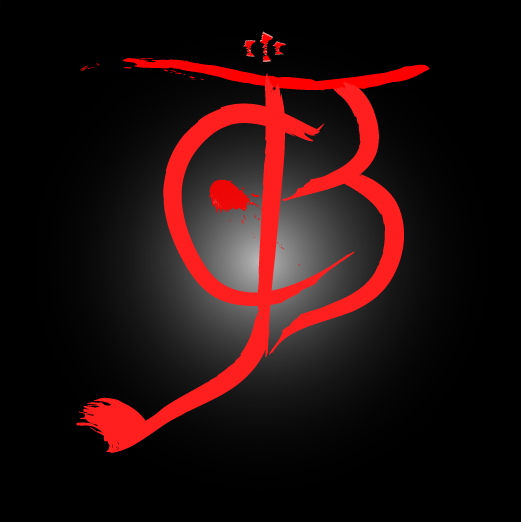
Written January 15, 2008
At work recently I have been fiddling with Shayatsi linguistics, trying to codify some of the grammar so that I can make 'originals' of 'translations' for the Redemption Saga. Here is some of the fruit of that:
ani endanya Aya le
which means, 'Before aught, there was Aya'.
In fact, I took some liberties with that translation, as it was how I had originally constructed the sentence by my own composition (truly: 'Before aught, there was Aya, the Creator.' But to the Shayatsi, 'Aya' means 'the Creator', so there would be no need for the redundancy). It may as well be translated, 'Before aught (anything) was Aya.' However, Shayatsi is not a language which, as in English, would use a place-holder like 'It' or 'There'. So, there is no different way to say 'There was Aya' and 'Aya was'. Additionally, the Shayatsi sentence puts 'before aught' to the front, where easily it could have been 'Aya ani endanya le' without a fundamental loss of meaning. (This would be the equivalent of 'Aya was before aught' and 'Before aught was Aya'.) Thus, I felt confident in maintaining the word order, placing 'before aught' in the initial.
A little about the vocabulary:
'Aya' I have long used, before I ever knew what it meant.
The verb-system of Shayatsi uses 'helper'-words as in English to mark tense, and I decided that they would not be related to the verb 'to be' (as in English), but non-verbal morphemes (that is, morphemes that are not 'words'). They cannot function alone. However, as it turns out, a Shayatsi would not say *'ko si i' for 'I am', primarily because vowels are universally reduced (collapsed) in common constructions (and names). Something as common as 'to be' must have a "special" construction. In effect, the tense-marker itself acted as a 'conjugated' form of the verb 'to be' (which is 'i'). Thus: 'ko si' is 'I am'. Thus 'was' became 'le' (strictly, the marker for the Imperfect tense: because the perfect 'la' + 'i' would become 'le' with Shayatsi vowel collapse).
'ani' I generated from 'being first' ('first-being', truly), as in 'an' + 'i' = 'ani'. I think it works well enough, and I can always "forget" where it came from.
'endanya' (which means 'aught', or 'anything') is more interesting. It is a noun and arises from the phrase '[a thing] out of (apart from, singled out of) all creation', 'emi dam anya'. (This phrase's literal meaning is of course modified and expanded as the word takes on its own meaning.) The final result shows a little of the vowel-collapse I talked about earlier. Originally I was trying to 'invent' the word from 'out of all things', but I did not like the word 'things' as I thought it too unspecific. When I scanned my list of already-made words, I found 'anya' and it all came together. By the way, 'anya' is actually related to 'aya', which itself can mean either the verb '(to) create' or the noun 'creator', 'that which creates'. These are further related to 'yar', meaning 'that which is made', and 'lladha', again both a verb, '(to) make', and noun, 'maker(s)', 'that which makes'. This entire set derives from the root 'LAD', which meant 'to create' and 'to make', without distinction. It is part of the Shayatsi culture to distinguish between Aya's creative power and the power of the Lladha (Inaya) and others to 'shape' that which Aya has created. The peoples whose language developed from the Shayatsi lost this distinction, and their words for create/make derive from 'aya' or 'ya'.
In any case, this is how it stands tonight. I may, of course, change my mind. (Although, traditionally, the longer something remains fixed, the more likely it is to survive.)